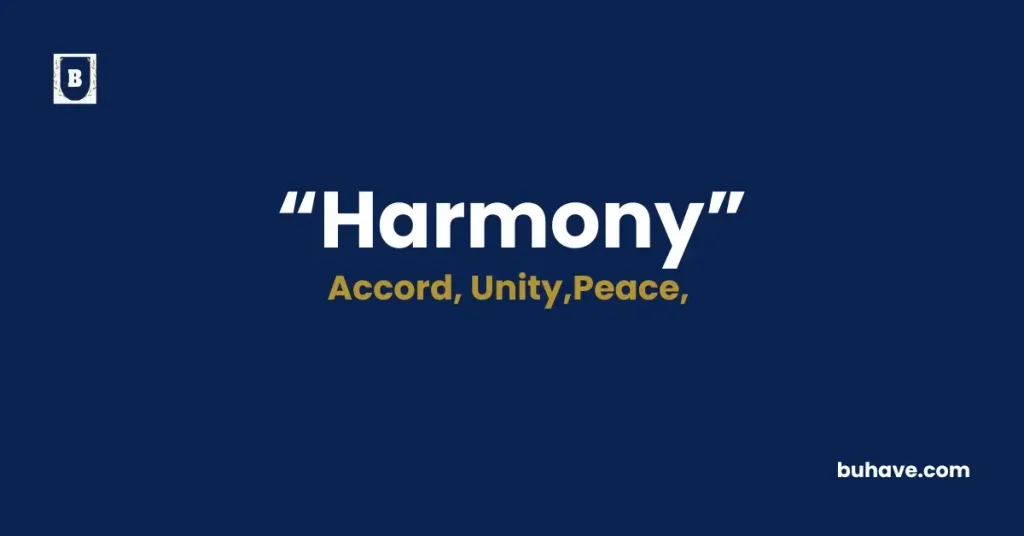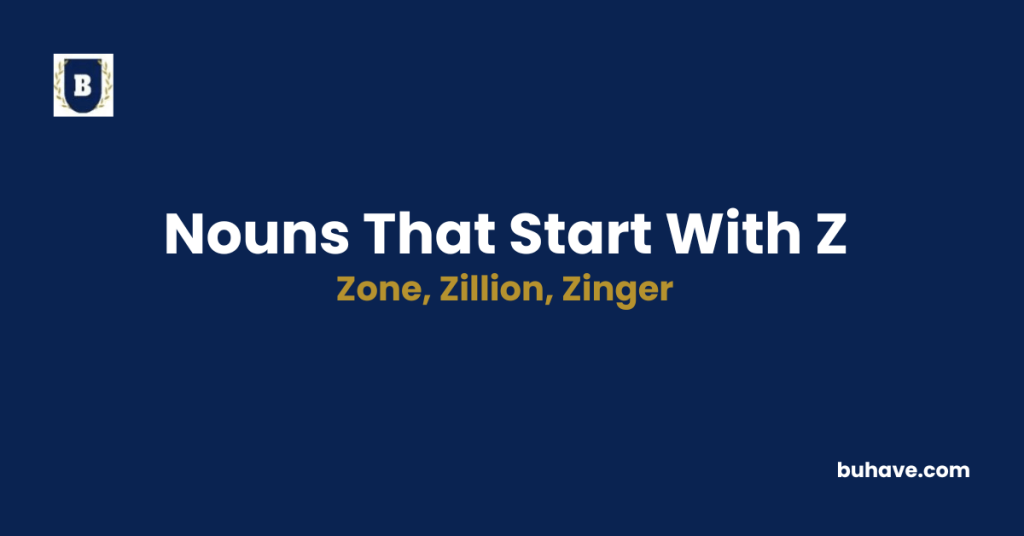The word ‘Harmony’ (Noun) describes a state of peaceful agreement, balance, and unity among people, ideas, or even musical notes. In this guide, you’ll learn the full definition, synonyms, antonyms, etymology, and real-life examples of how to use ‘Harmony’ correctly in sentences.
Harmony Explained in Depth
A complete and detailed guide to the word ‘Harmony’ including meaning, definition, examples, etymology, synonyms, and antonyms.
Meanings of Harmony
Harmony means a pleasing arrangement of parts that fit together naturally and peacefully. It can describe a peaceful relationship between people, a state of agreement and understanding, or the pleasing combination of musical notes.
Harmony brings a sense of calm and balance, whether it’s between individuals, within a community, or in music.
Definition
Harmony is the quality of forming a pleasing and consistent whole. It can refer to agreement or concord between people, ideas, or actions, as well as to the musical blending of different notes that sound pleasing together.
Etymology
The word “harmony” comes from the Greek word “harmonia,” which means “joint, agreement, or concord.” It’s related to the verb “harmozein,” meaning “to fit together” or “to join.” Over time, it evolved in English to describe both musical consonance and social or relational agreement.
Example Sentences
- They worked in perfect harmony to achieve their goals.
- The colors in the painting blended in harmony, creating a beautiful effect.
- Music has the power to bring harmony to the soul.
Harmony Synonyms
- Accord
- Concord
- Peace
- Unity
- Agreement
- Balance
- Cooperation
- Compatibility
- Symphony
- Consensus
Harmony Antonyms
- Discord
- Conflict
- Disagreement
- Dissonance
- Disharmony
- Chaos
- Opposition
- Hostility
- Strife
- Division
FAQs about Harmony
Here are some frequently asked questions (FAQs) about the word “Harmony”
1. What does “harmony” actually mean?
“Harmony” refers to a state of balance and agreement between different parts, whether in music, relationships, or ideas. It implies that everything fits together well and peacefully.
2. Can “harmony” be used in both music and relationships?
Yes! In music, it describes the pleasing combination of notes, while in relationships or social settings, it means working together in peace and unity.
3. Is “harmony” always positive?
Generally, yes. “Harmony” conveys a sense of positive balance, peace, and cooperation. It’s the opposite of conflict or discord.
4. How can I use “harmony” in a sentence?
For example: “The team members worked in harmony to finish the project,” or “The colors of the room created a sense of harmony.”
5. Does “harmony” only refer to people?
No. It can refer to colors, ideas, plans, music, and even the environment—anything where balance and unity are present.

















